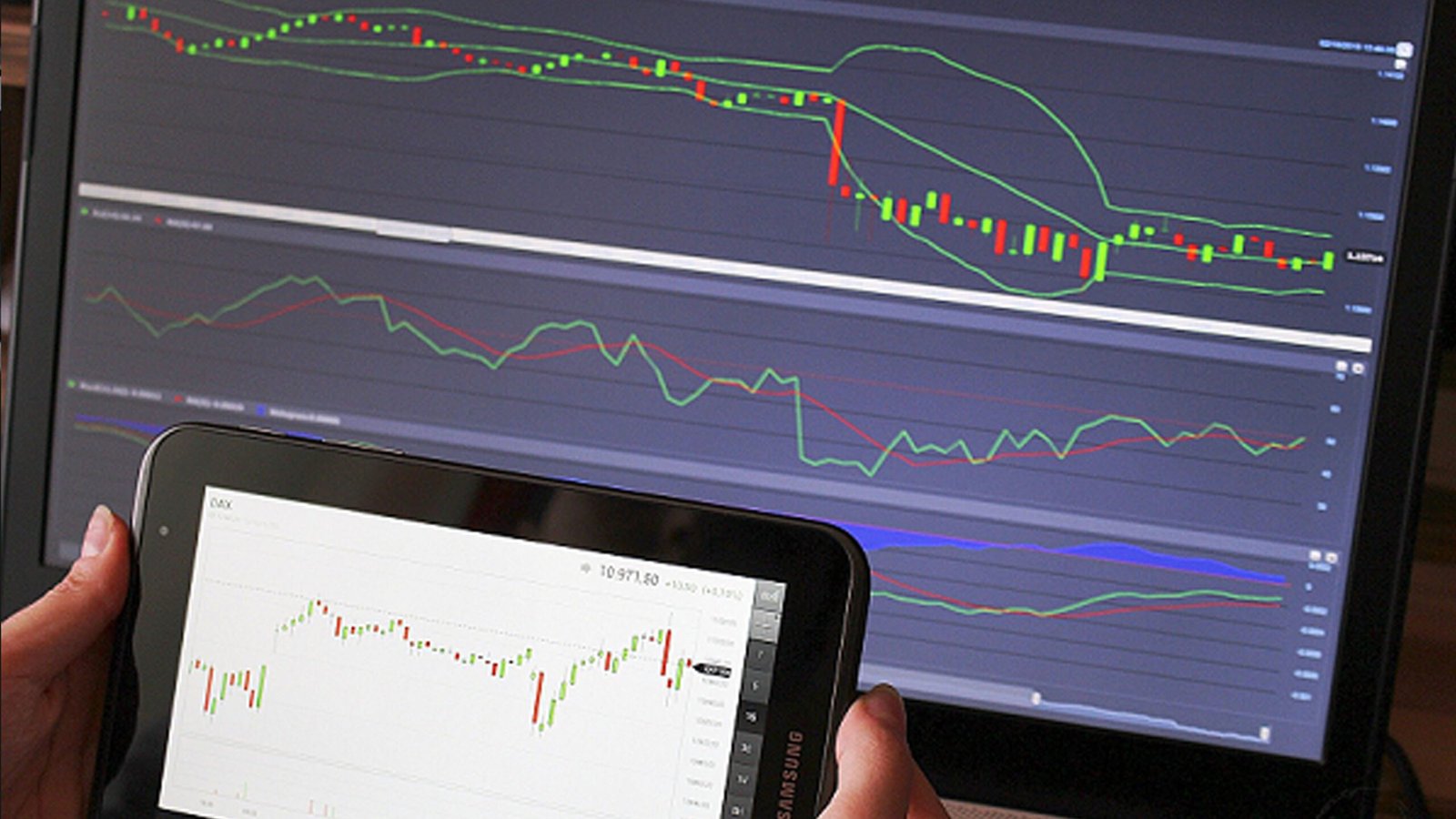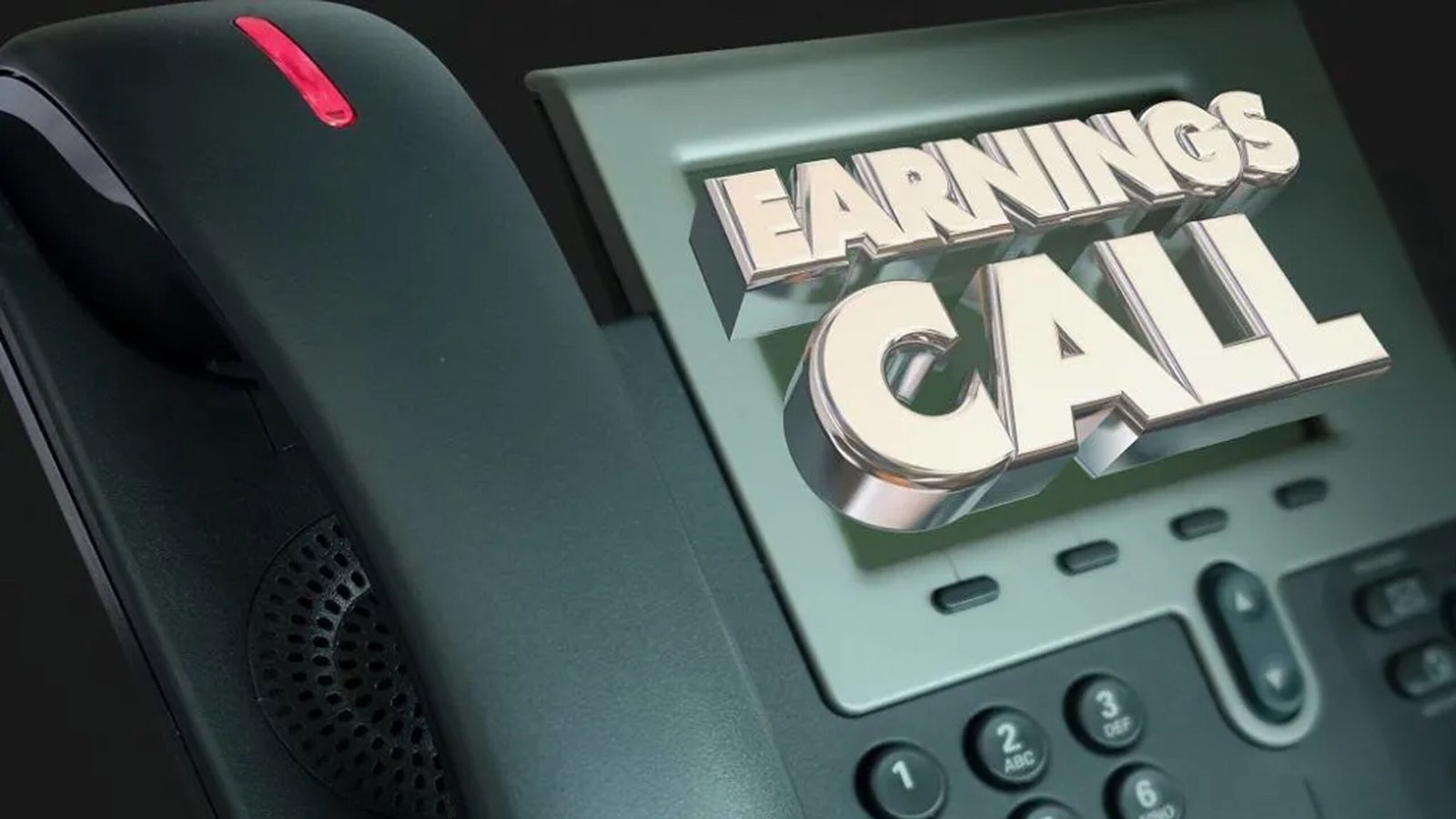Out trade definition

What is out trade?
An outgoing transaction is a transaction that cannot be placed because it was received from a transaction containing conflicting information. The associated clearing house cannot settle the transaction because the data presented by the parties on both sides of the transaction is inconsistent or contradictory.
KEY POINTS
- An outgoing transaction is a transaction that cannot be completed because the information sent by the parties to the transaction to the clearing house is incorrect or incomplete.
- When a clearing house encounters an exit trade, it first gives the counterparties a chance to reconcile the spread themselves.
- If the parties manage to resolve the problem, they resubmit the transaction to the clearinghouse
- If the two parties fail to agree on the terms of the contract, the case is sent to the competent exchange commission for arbitration.
- Trade outs are distinct from trading strategies with similar names, such as "in and out trade" or "stepout trade".
How an Out Trade Works
A successful exchange execution takes place while a purchase or promotion order is fulfilled. Typically, while an investor intends to shop for a stock, they click on the purchase button of their online brokerage account. Then, the order may be despatched to their broker, who sends the order to an exchange, or the marketplace maker, for execution.
The clearing is the manner with the aid of using which finances are transferred to the vendor and securities to the buyer. Usually, a specialized organization, inclusive of a clearinghouse, acts as a middleman and reconciles orders among transacting events. In this case, events transfer to the clearing organization, in preference to every celebration with whom they transact. Simply, clearing is reconciling purchases and shares income and the direct switch of finances from one monetary group to another.
Finally, the agreement marks the legit switch of securities to the buyer’s account and coins to the vendor’s account. The agreement takes vicinity days after the order is executed for maximum trades.
By reviewing the information brokers share, a clearinghouse can become aware of the discrepancy in trading data. This difference may relate to pricing and/or quantity. When a clearing house encounters an outgoing transaction, it first offers counterparties the option of reconciling the discrepancy themselves. If the parties can resolve the issue, they resubmit the transaction to the clearing house. If the two parties are unable to agree on the terms of the transaction, the file is forwarded to the competent exchange commission so that the procedure for settling exchange disputes can be implemented.
Other Trading Terms
The term “out trade” should not be confused with other terms for effective trading strategies, such as “in and out”, where a single stock is bought and sold multiple times in a short period. This is a speculative strategy that is used to take advantage of short-term pricing.
An out trade may also be confused with a “step out trade,” a situation where several brokerage firms take part in executing a large order. When this happens, one brokerage firm generally assigns portions of the trade to the other brokers, along with a commission for their specified piece of the trade. Stepout trading may help to facilitate the best execution and can be a good way to compensate various brokerages for their research and analysis activities.






